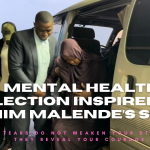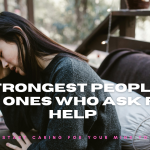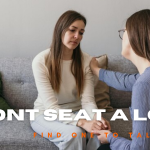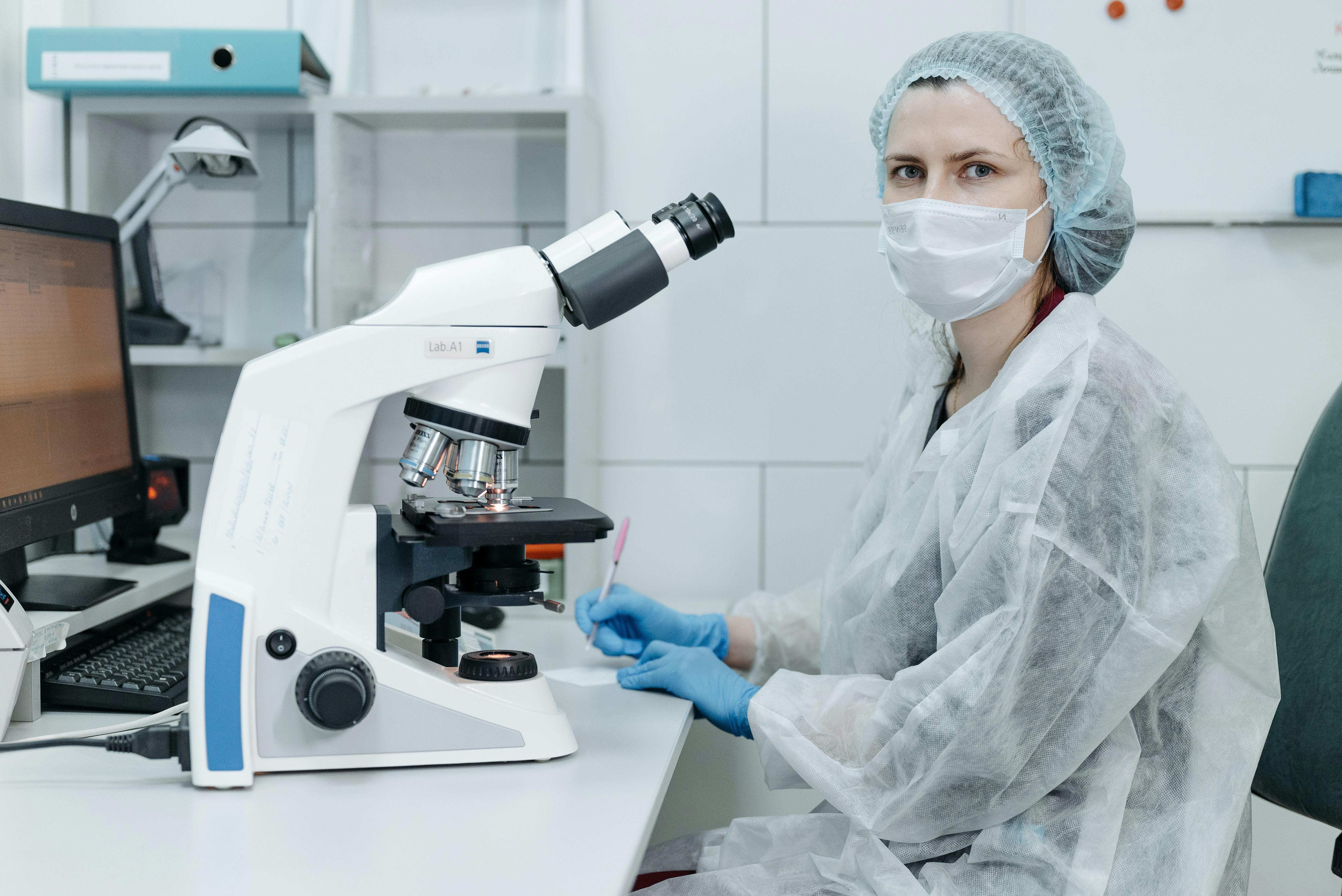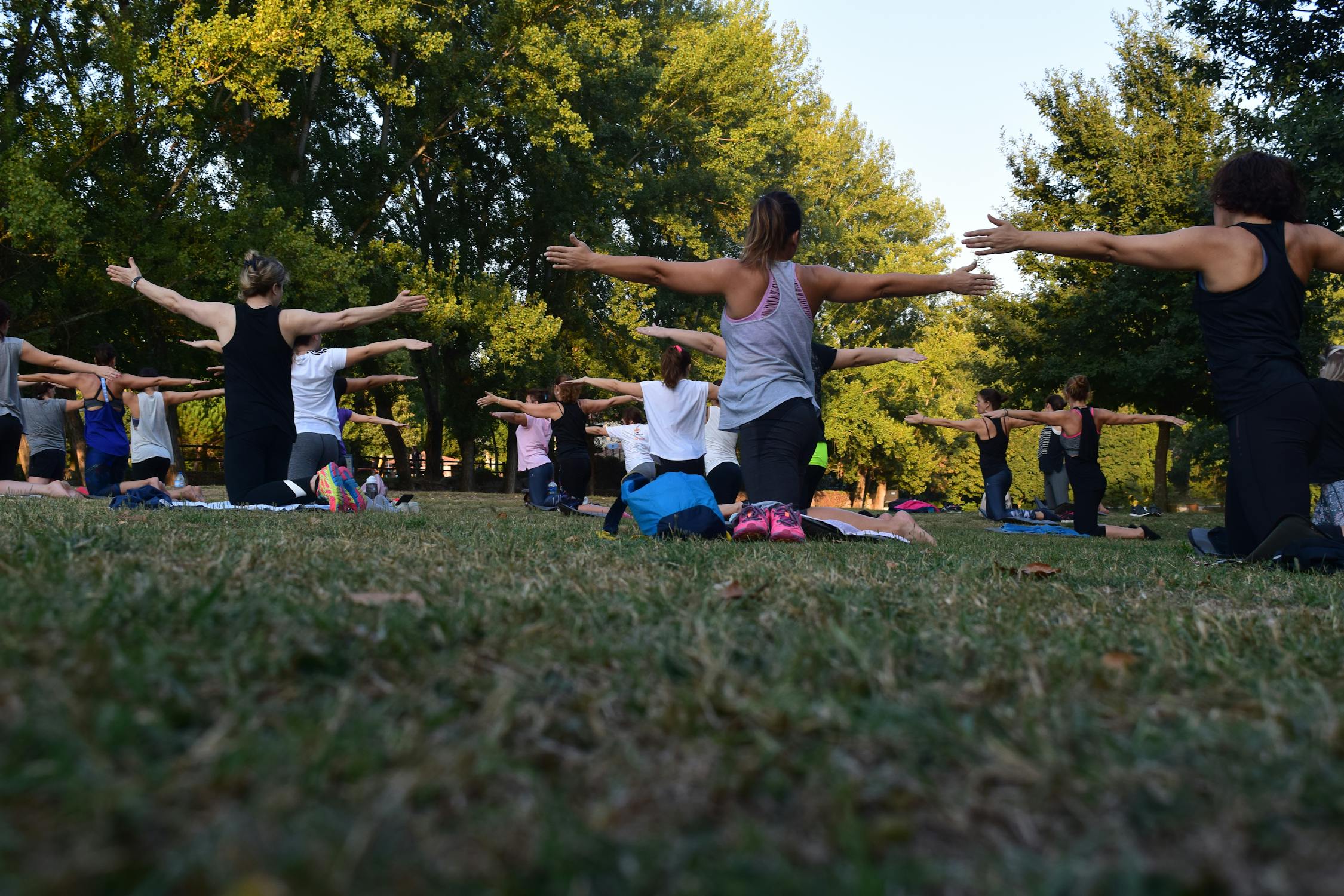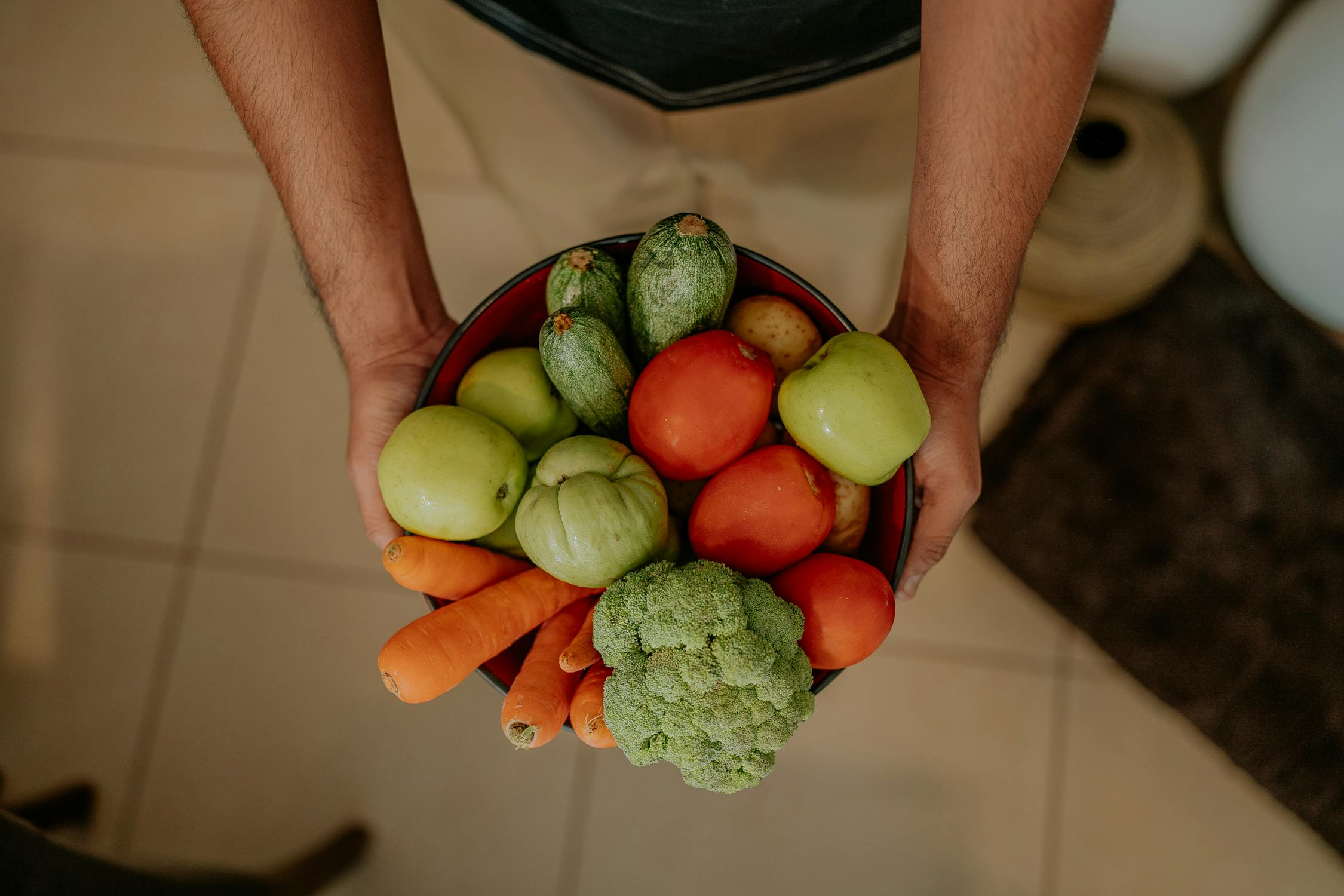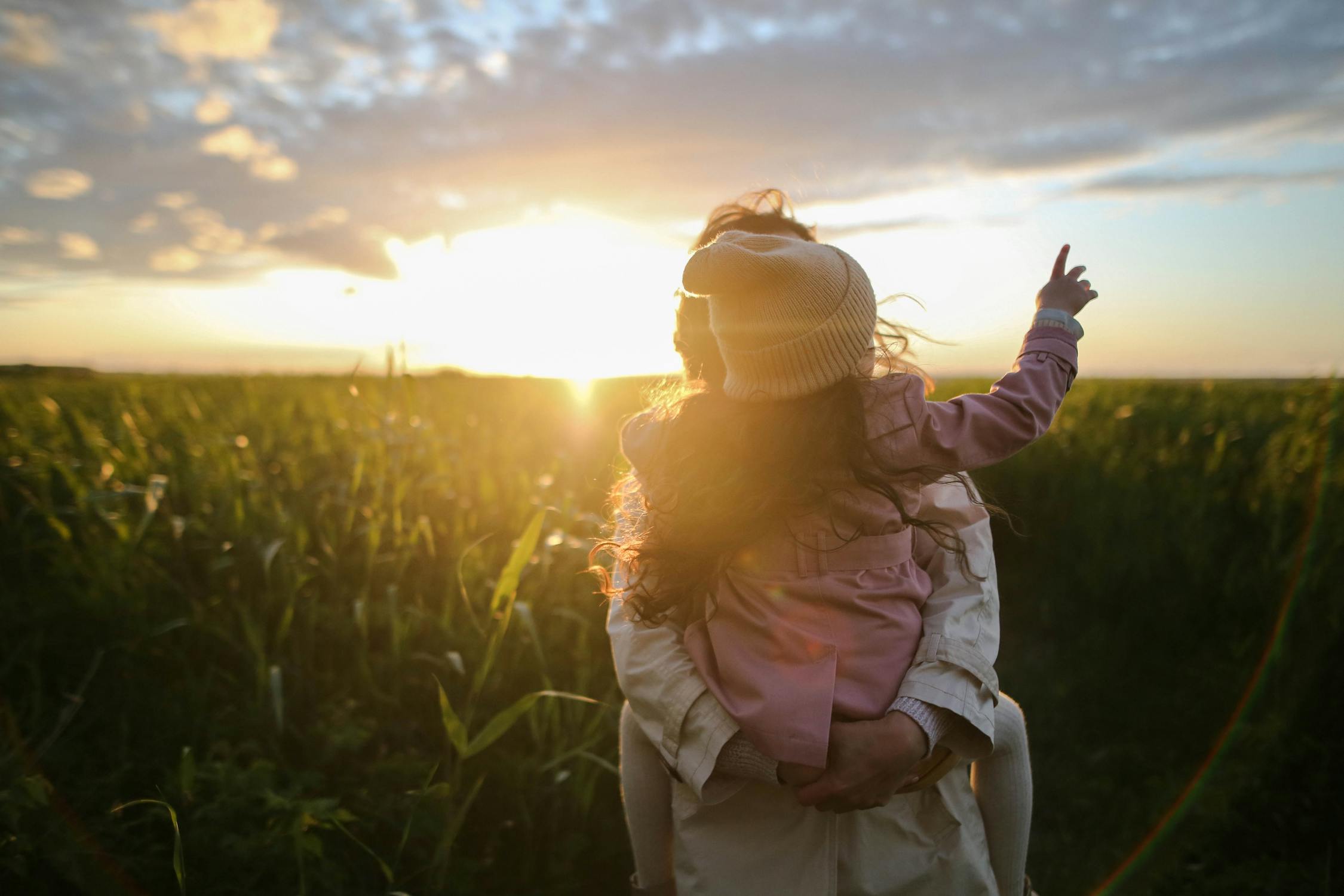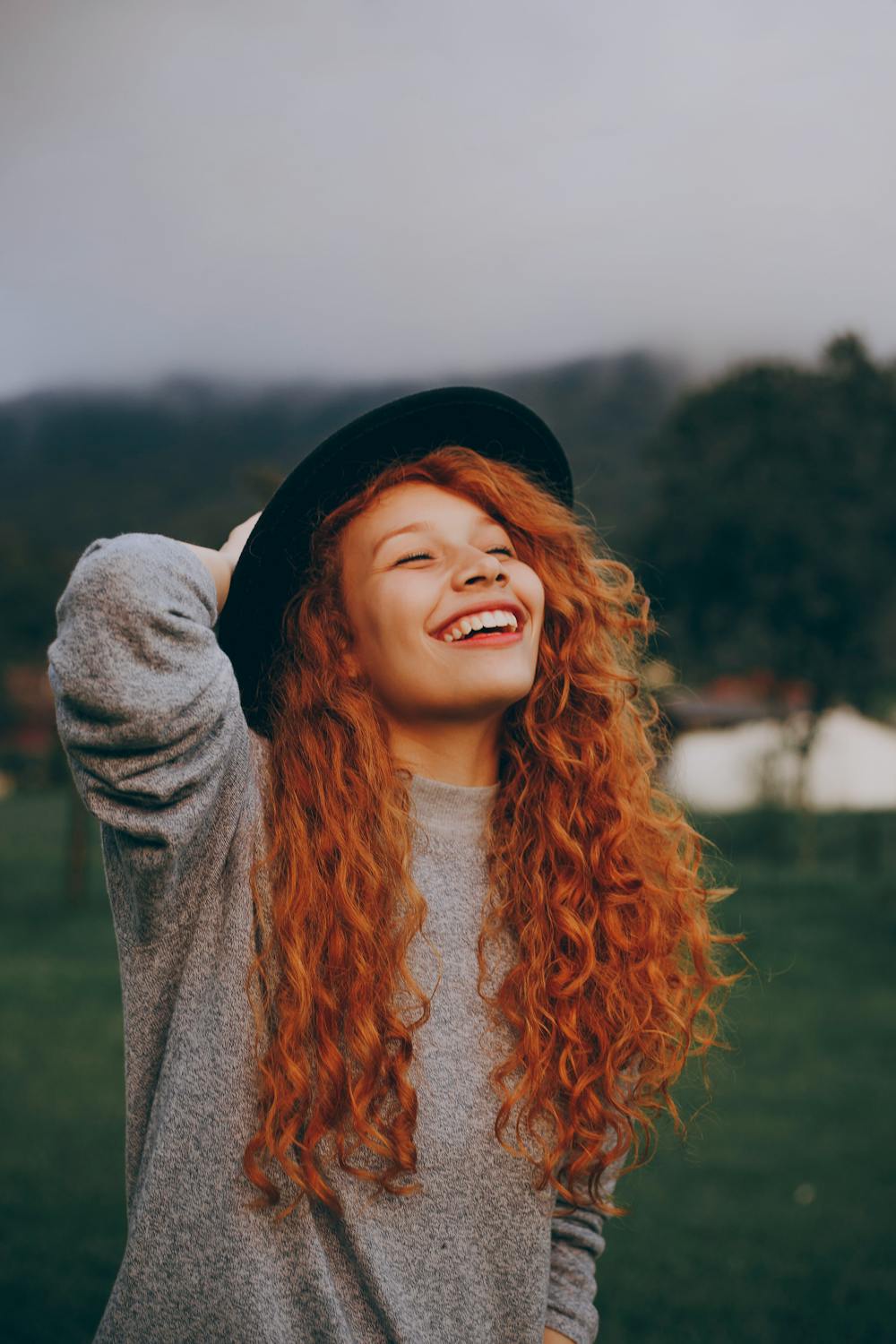In many offices, classrooms, and campuses, a familiar story repeats itself. A young woman sits across the desk from someone in power — it may be a boss, a lecturer, or even a mentor. She came seeking guidance, a job opportunity, or help with tuition. Instead of professional support, the conversation takes a turn: unspoken expectations, suggestive remarks, or outright demands.
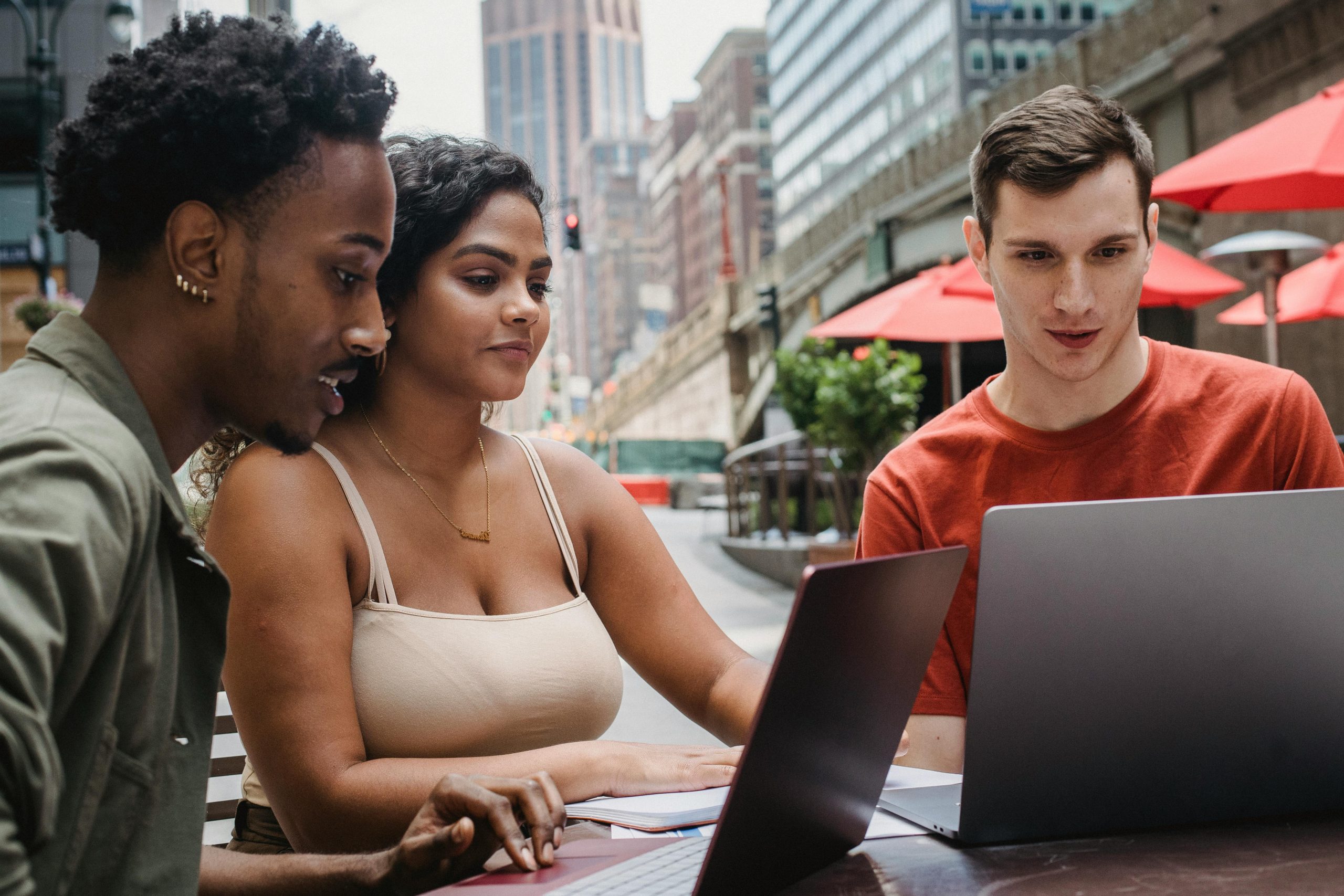
She leaves the office unsettled, her dignity bruised. Some give in because the pressure is unbearable; others walk away, carrying the heavy burden of failure, shame, or stigma. This story is not unique. It happens in universities, secondary schools, and big offices alike, where power imbalances often strip young people of their right to say no.
It is here that the advocacy campaign “My Body, My Right” finds its urgency: a call to defend dignity, autonomy, and justice for all young people.
The Reality Among Learners
Across campuses, secondary schools, and training institutions, young people encounter challenges around sexuality that threaten their health and wellbeing:
Peer Pressure: Many students feel their self-worth is measured by whether they have a partner, pushing them into relationships they are not ready for.
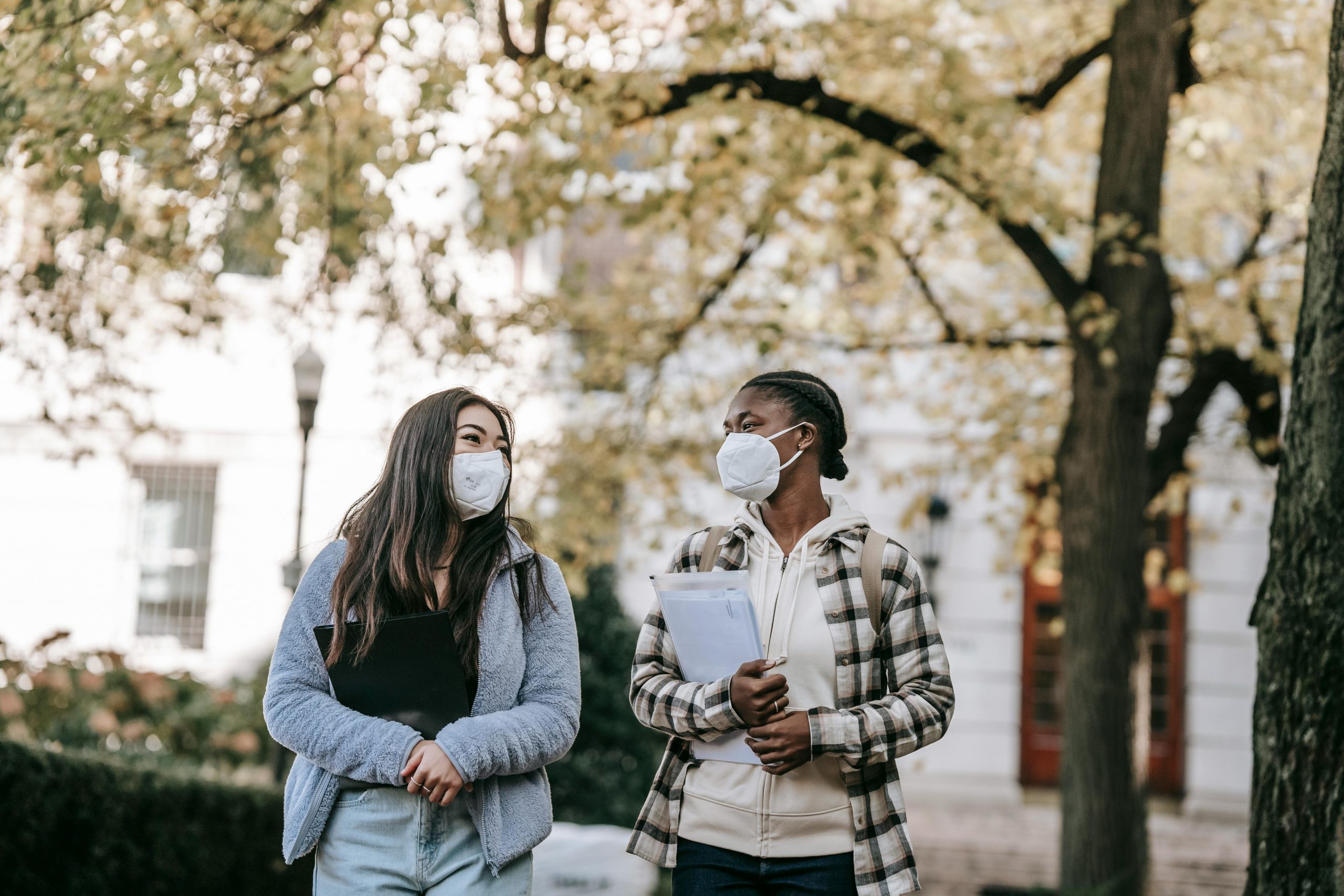
Sexual Harassment: Power imbalances leave learners vulnerable to exploitation, where academic or career advancement is unfairly tied to sexual favors.
Unsafe Practices: Because of stigma and silence, some young people resort to unsafe abortions, secret use of pills, or unprotected sex, risking their lives.
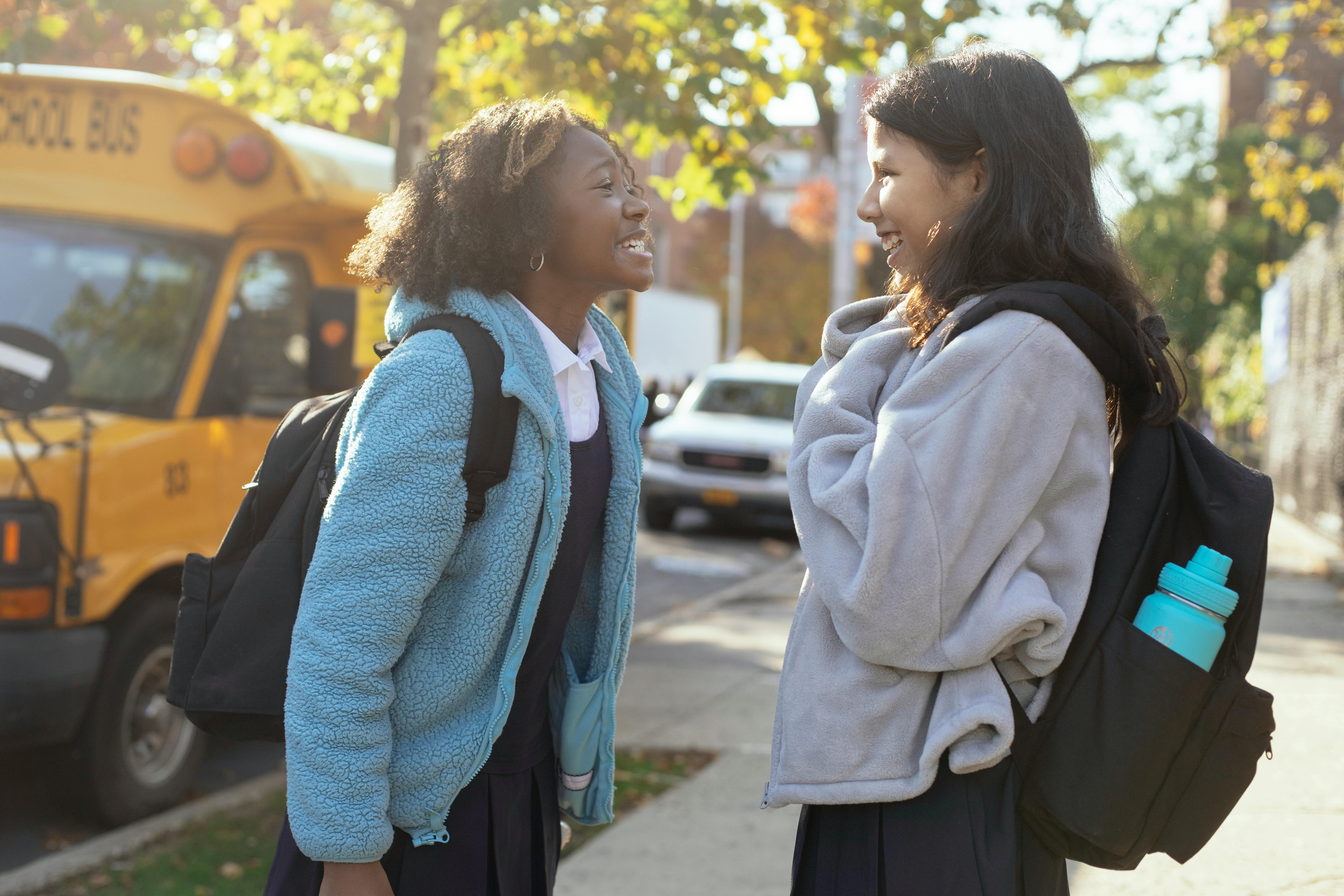
Stigma and Exclusion: Learners with disabilities, or those who openly seek sexual health services, often face discrimination and mockery, despite having the same rights as everyone else.
These issues are not confined to one institution or community; they are widespread challenges that demand collective action.
Why “My Body, My Right” Matters
The campaign is built on three core principles:
- The Right to Information – Young people deserve access to accurate, age-appropriate sexuality education.
- The Right to Autonomy – Every individual should make decisions about their body without coercion, manipulation, or shame.
- The Right to Services – Youth-friendly, confidential, and affordable health services must be accessible to all.
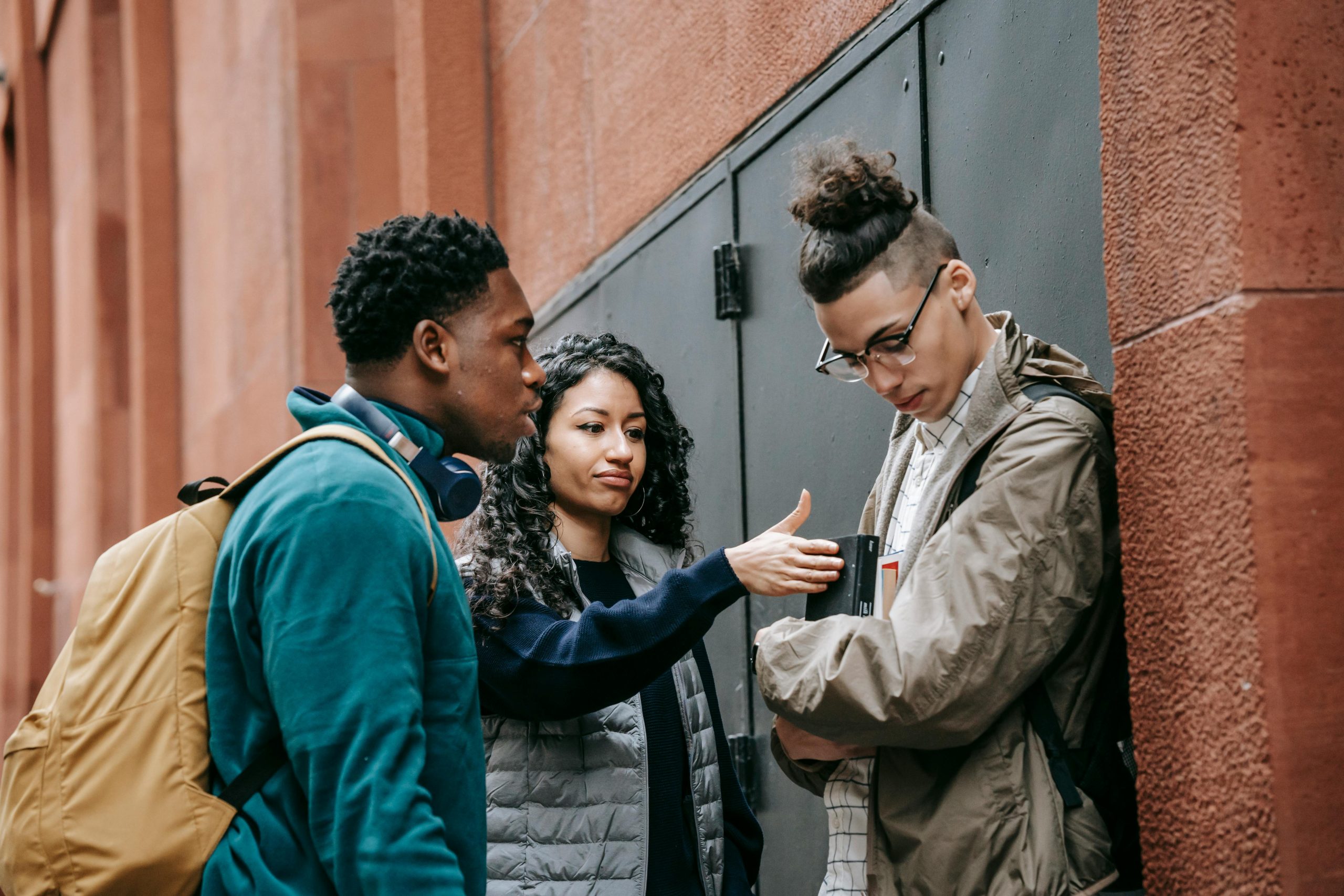
Learner Quotes to Inspire Change
- “Knowledge is not temptation; it is protection.”
- “Consent is a conversation, not silence.”
- “Respecting others’ bodies is as important as protecting your own.”
- “Disability does not remove my right to dignity.”
- “My future depends on my choices today – My Body, My Right.”
Advancing the Advocacy
For “My Body, My Right” to make a lasting impact, action is needed from all sides:
Learners: Build peer support groups that openly discuss respect, relationships, and consent.
Institutions: Enforce anti-harassment policies and create safe, accessible reporting systems.Health Services: Provide youth-friendly counseling and reproductive health services without stigma.
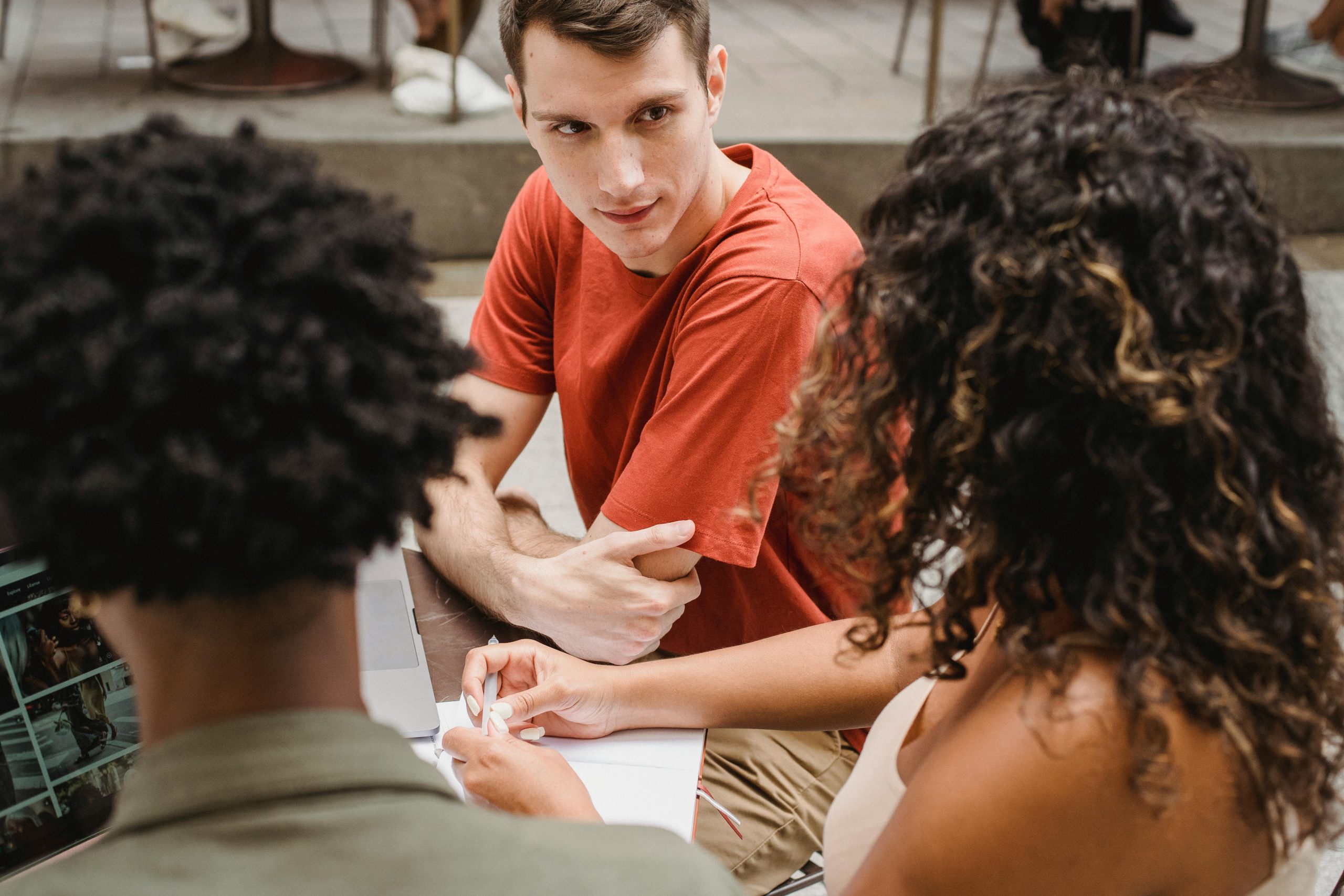
Parents and Educators: Break the silence by speaking to young people with honesty and respect.
Media and Art: Use music, drama, poetry, and social media to normalize conversations on sexuality and body rights.
Conclusion
The story of pressure, silence, and exploitation is one too many young people know. But silence is no longer an option.
The campaign “My Body, My Right” is not about promoting recklessness; it is about empowering youth to claim their dignity, protect their health, and make informed choices. When society respects young people’s sexual and reproductive rights, the result is not only safer campuses and schools but also a stronger, more just future.
Let us rise together to declare with confidence:
“My body is mine. My dignity is mine. My future is mine. My Body, My Right!”






